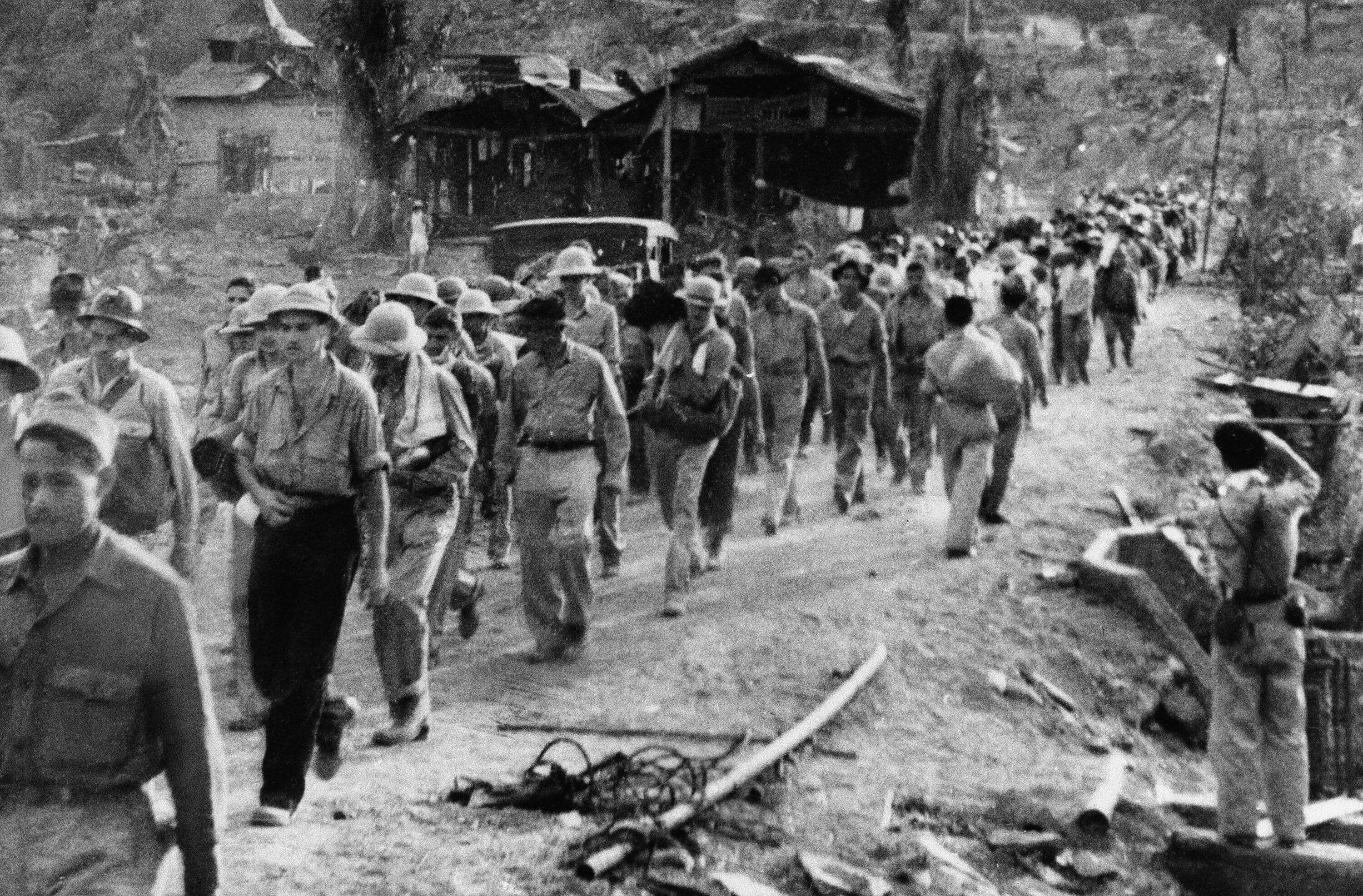Thomas Mahnken reflects on the lessons of the first Gulf War:
Carl von Clausewitz famously defined war as "an act of force to compel our enemy to do our will." Saddam's subsequent behavior- - his defiance of the United Nations, 1993 attempt to assassinate former President Bush, and his 1994 plan to re-invade Kuwait -- makes it clear that the Bush administration failed in this most basic of strategic tasks. In ending the war unilaterally before Saddam had been chastened, the Bush administration condemned the United States to a long-term presence in the Gulf in an effort to contain Iraq. This presence, and the sanctions imposed on Iraq due to Saddam's recalcitrance, in the end served as a rallying cry for jihadists such as Osama Bin Laden against the United States and its friends in the region.
There's a lot to this conclusion, in the sense that the first Gulf War, like the second Iraq war and the current war in Afghanistan, was a conflict where a "political" victory proved stubbornly elusive, despite a dominating military performance.
But the question we need to ask is what it is we are expecting from these military operations. Mahnken suggests we should have continued bombing Iraq until Saddam was "chastened," but what does that actually mean in practice? Saddam wasn't chastened when the second President Bush put troops on his borders and threatened in no uncertain terms to invade and depose him.











